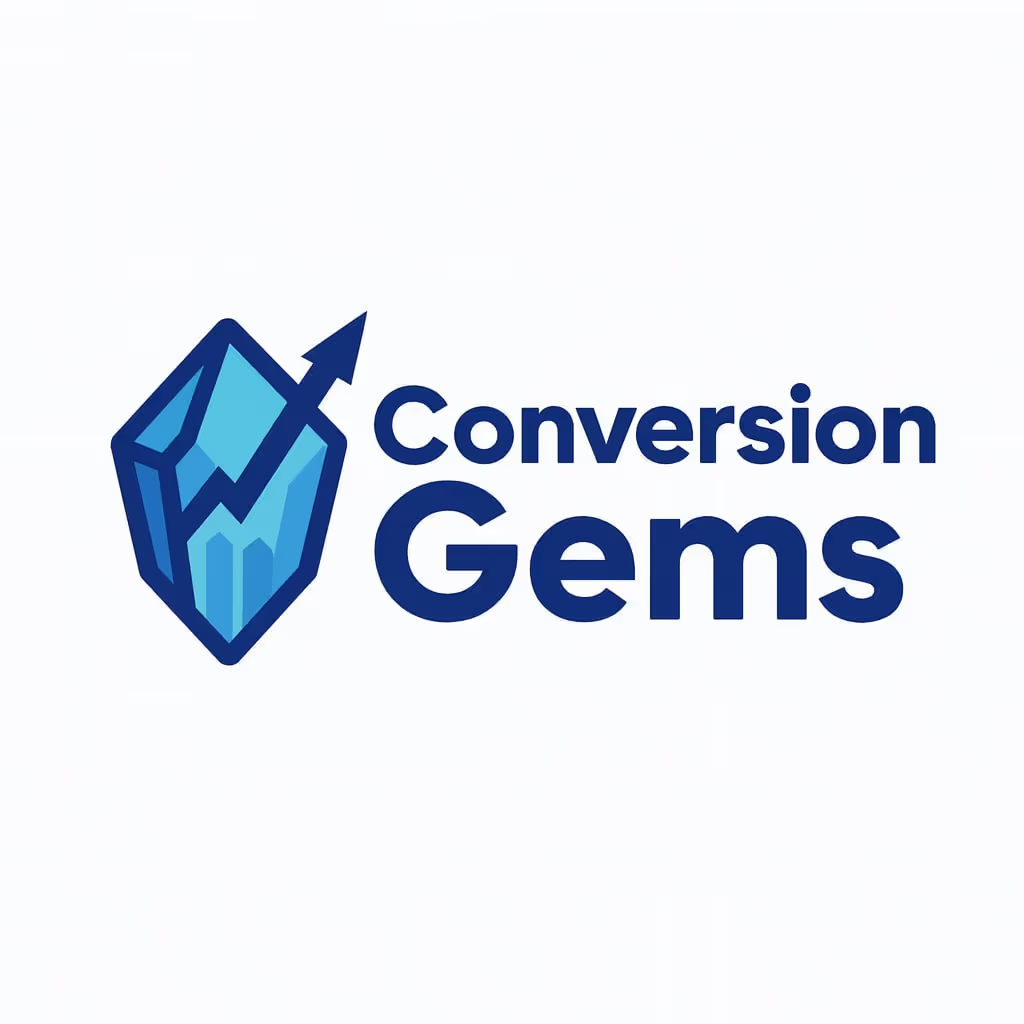Zoho CRM
Description
Key Applications
- Sales Force Automation: Manages leads, contacts, accounts, and deals to streamline the sales pipeline from prospecting to closure.
- Marketing Automation: Facilitates campaign management, email marketing, social media integration, and lead nurturing.
- Customer Support & Service: Organizes customer inquiries, service tickets, and feedback to ensure timely and effective resolutions.
- Analytics and Reporting: Provides customizable dashboards and reports for insights into sales performance, marketing ROI, and customer trends.
- Process Automation: Automates routine tasks, workflows, and approvals to improve operational efficiency and reduce manual effort.
Who It’s For
Pros & Cons
How It Compares
- Versus Salesforce: Zoho CRM offers a more budget-friendly entry point and a potentially less complex interface for SMBs, while Salesforce is often preferred by larger enterprises for its extensive ecosystem and highly specialized industry solutions, albeit at a higher cost.
- Versus HubSpot CRM: Zoho CRM provides a broader range of functionalities beyond core CRM, including robust marketing automation and customer service tools within its standard packages. HubSpot CRM often excels in user-friendliness and inbound marketing integration, with many advanced features being add-ons.
- Versus Microsoft Dynamics 365: Zoho CRM generally offers a quicker implementation time and a more intuitive setup for many users. Dynamics 365, while powerful and deeply integrated with Microsoft's enterprise ecosystem, can be more complex to configure and often carries a higher total cost of ownership.
Bullet Point Features
- Lead and Contact Management Sales Force Automation Marketing Automation (Campaigns, Email Marketing)
- Customer Support and Service Automation Workflow and Process Automation AI-powered Sales Assistant (Zia)
- Customizable Dashboards and Reporting Multi-channel Communication (Email, Phone, Chat, Social)
- Inventory Management (optional add-on) Mobile CRM Application
Frequently Asked Questions
Find quick answers about this tool’s features, usage ,Compares, and support to get started with confidence.

Zoho CRM is a cloud-based customer relationship management platform that helps businesses manage sales, marketing, and customer support activities. It is designed to improve customer relationships, track leads, and streamline business processes.

Zoho CRM provides contact management, sales pipeline tracking, automation, analytics, and AI-powered insights. It centralizes customer data and automates repetitive tasks, allowing teams to focus on building stronger customer relationships.

Zoho CRM offers lead and contact management, deal tracking, workflow automation, email integration, reporting, analytics, and AI-driven sales predictions. It also integrates with multiple third-party apps for a seamless business workflow.

Yes, Zoho CRM is beginner-friendly. Its user-friendly interface, pre-configured workflows, and tutorials make it easy for new users to manage customer relationships effectively without prior CRM experience.

Zoho CRM is ideal for sales teams, marketing teams, small to medium-sized businesses, and customer support teams. Users can expect improved lead and contact management, streamlined sales processes, actionable insights, enhanced customer engagement, and increased productivity, helping businesses grow revenue and maintain strong customer relationships.





.avif)




